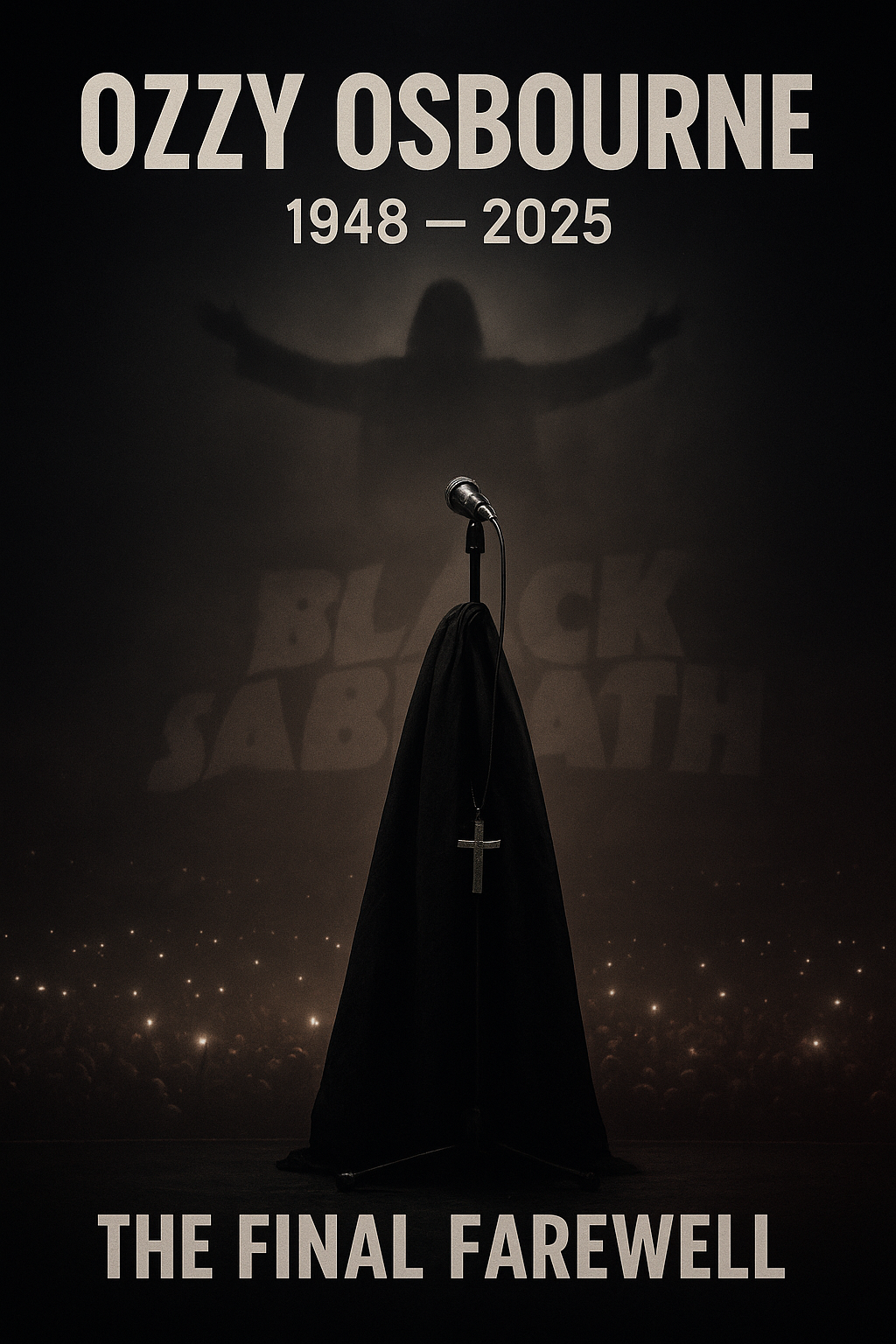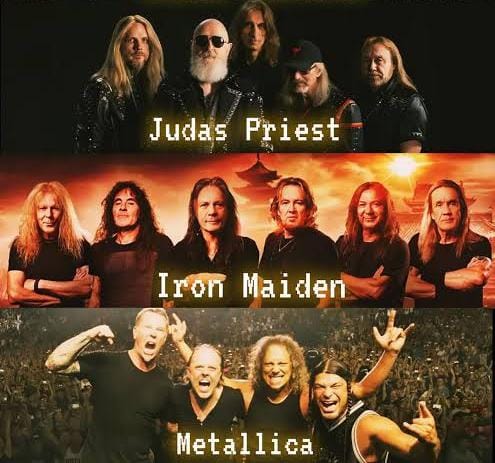
Ozzy Osbourne’s journey from the streets of Birmingham to the global stage was as wild as it was iconic. But behind the spectacle of heavy metal, the rock legend endured a series of relentless health struggles that defined his later years. Long before his final curtain call, Ozzy had become not only a symbol of rock resilience but also of human vulnerability, battling conditions that would eventually claim his life.
In 2020, the world learned of his Parkinson’s disease diagnosis, though privately Ozzy had been grappling with its effects for years. The progressive illness chipped away at his mobility, his stamina, and at times even his speech. Still, true to form, he refused to retreat quietly. His public appearances, though increasingly rare, radiated the defiance of a man who lived by the creed of never giving in, no matter how steep the fight.
Layered on top of Parkinson’s came lingering complications from past injuries. A major spinal surgery following a fall left Ozzy with mobility issues that forced him to perform from a throne during his farewell show in Birmingham. It was both heartbreaking and inspiring: a rock titan refusing to bow out, delivering music with every ounce of strength his body could still muster. Fans saw a man who, despite the visible toll, refused to let illness rob him of his essence.
On July 5, 2025, he shared one final moment with the world in a historic “Back to the Beginning” concert. Joined by his Black Sabbath bandmates in their hometown, Ozzy closed a chapter that had spanned more than five decades. That night, his voice carried the weight of legacy, pain, and gratitude, resonating with fans who knew it might be the last time they would see their idol on stage.
Just weeks later, on July 22, 2025, tragedy struck. Ozzy suffered an acute myocardial infarction, commonly known as a heart attack, which led to sudden cardiac arrest. His death certificate, submitted by his daughter Aimee, revealed the main causes: coronary artery disease and Parkinson’s disease with autonomic dysfunction, both contributing to the final event. In truth, his body had been fighting a war on multiple fronts for years, and at last it gave way.
The news reverberated across the globe. Fans flooded social media with memories, while fellow artists paid tribute to the man who had shaped heavy metal and inspired countless musicians. His funeral procession through Birmingham became a sea of emotion, as thousands lined the streets to bid farewell to their “Prince of Darkness.” It was less a goodbye and more a celebration of a life that had burned brilliantly, unapologetically, and defiantly.
Ozzy Osbourne’s death was not just the loss of a performer but the closing of an era. He lived a life that was messy, loud, and utterly authentic—never hiding his scars or struggles. Even in his final years, he reminded the world that rock and roll is about truth as much as it is about sound. His battles with health were brutal, his end was tragic, but his spirit remains immortal, echoing through every riff, every lyric, and every fan who ever shouted his name in the dark.


